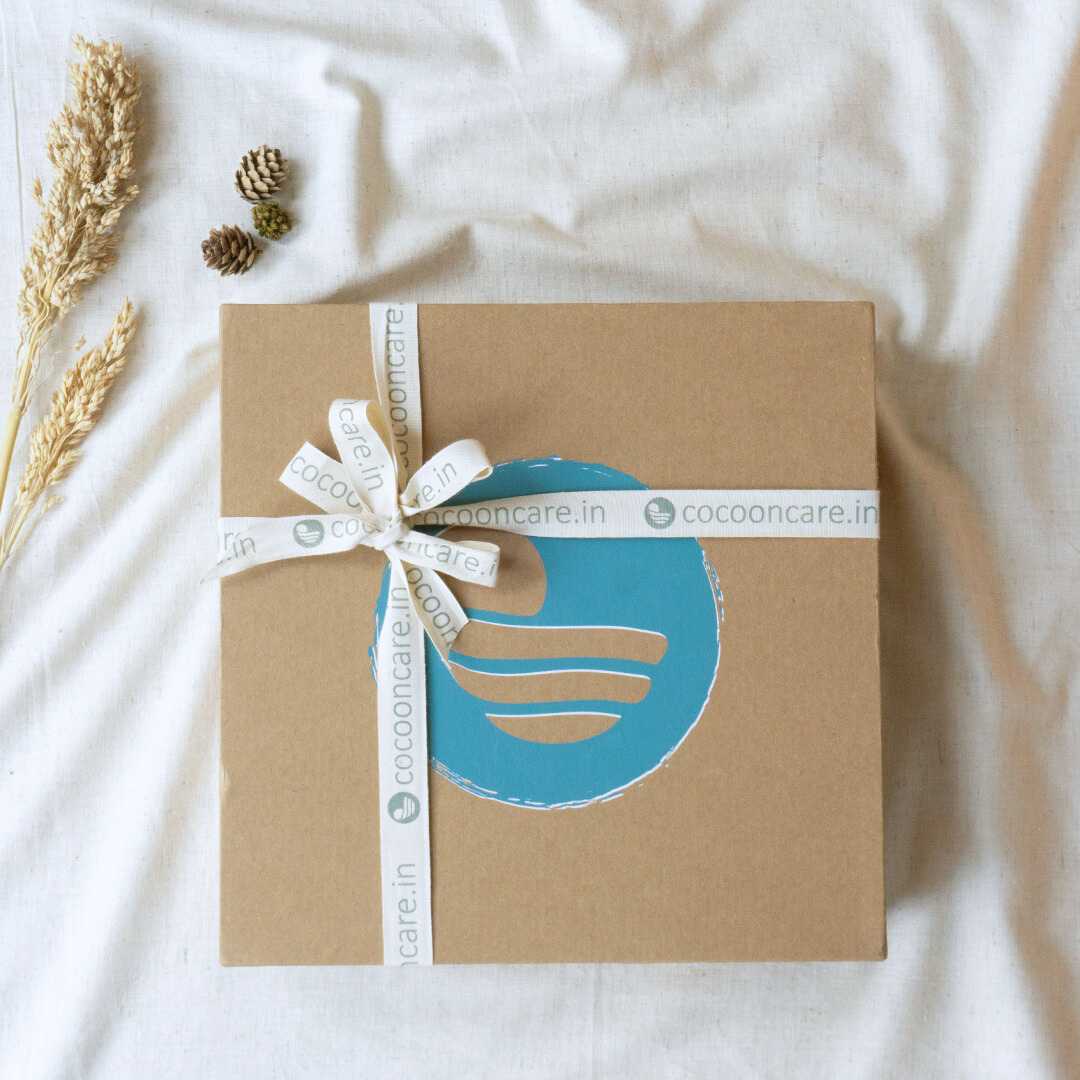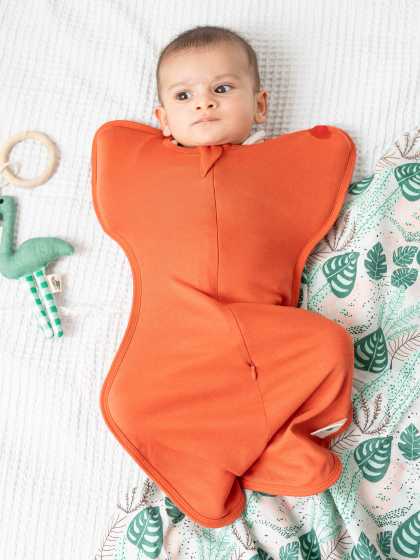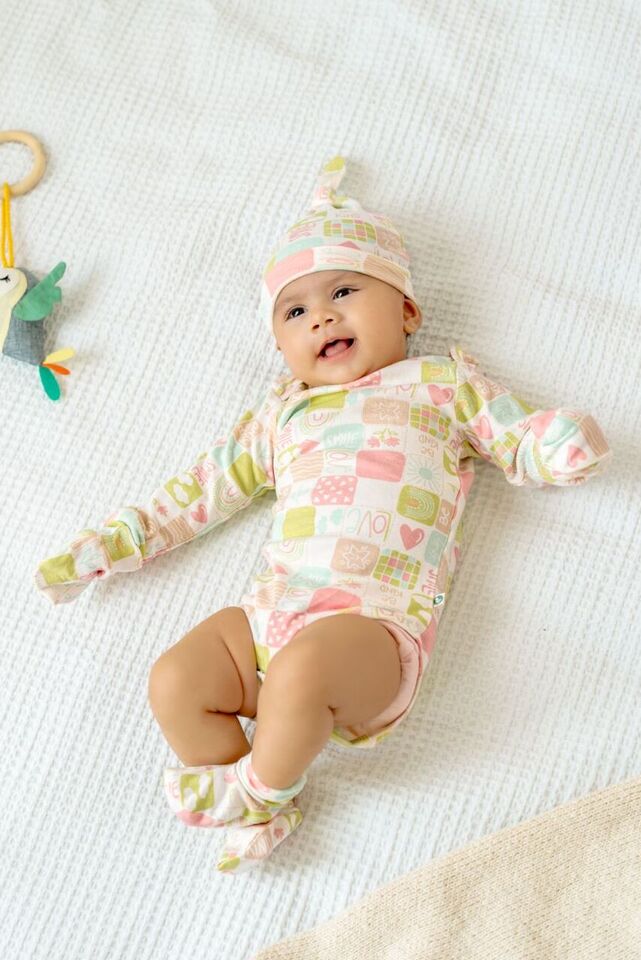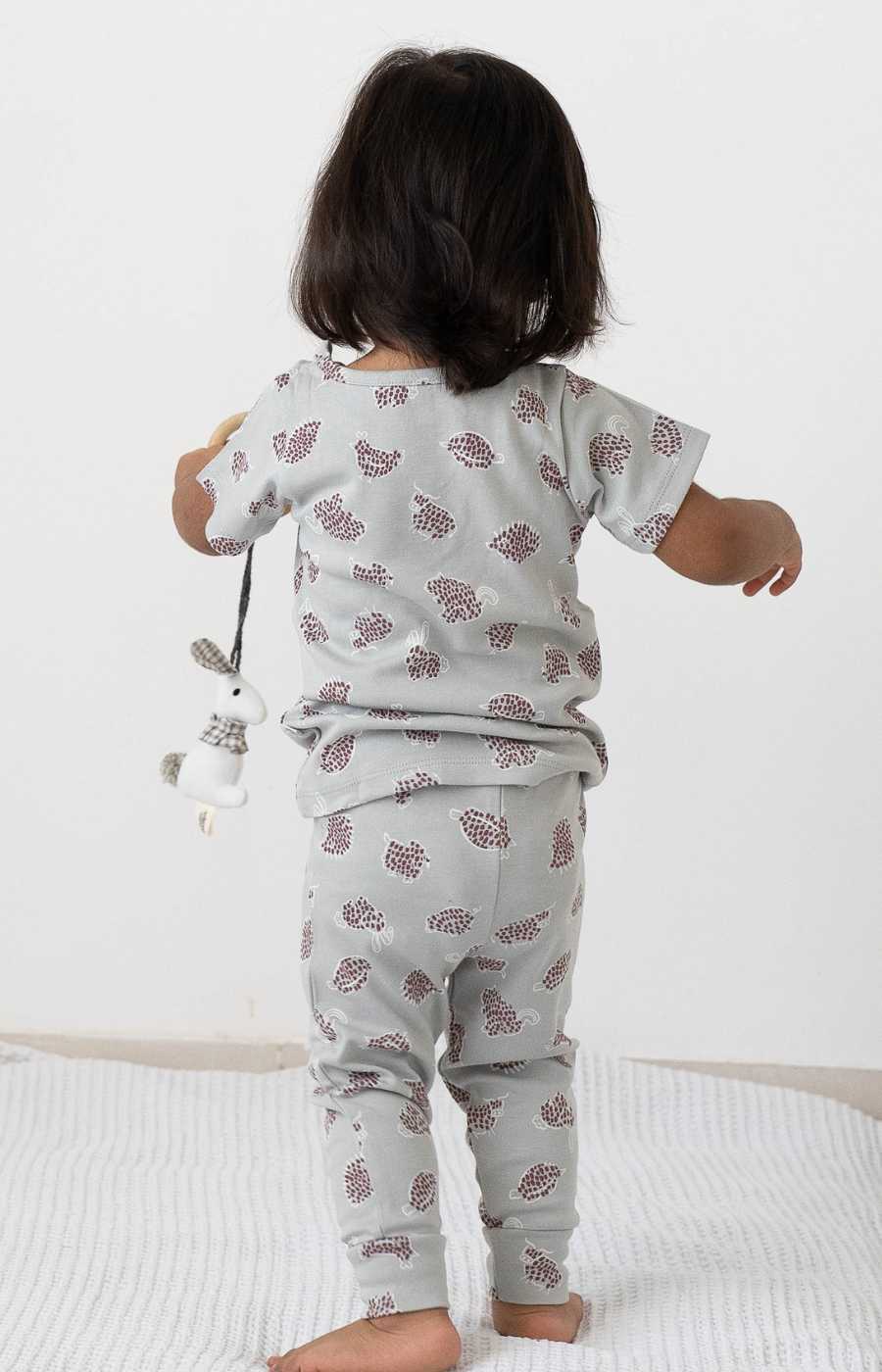In the chaos of diaper changes, late-night feedings, and endless cuddles, it's easy for mothers to overlook their well-being. However, to ensure a seamless transition into motherhood, self-nurturing is not only crucial but also highly impactful. Prioritizing nutrition and after-delivery care, two pillars that form the basis of postpartum recovery and vitality is essential to this journey.
In this blog, we explore the essential realm of postpartum care, providing moms with helpful advice and insightful tips to help them through their journey after giving birth. Every suggestion, which ranges from encouraging moments of self-rejuvenation to providing the body with nutritious foods, is designed with mothers' well-being in mind.
So, let's set out together on this journey to celebrate mothers' incredible strength and resilience as they traverse the beautiful chaos of early motherhood!
5 Essential Tips For Postpartum Care Of New Moms
With these vital tips, first-time mothers can confidently start their postpartum journey, knowing they have what it takes to put their health first and handle the difficulties of being a mother with grace.
Initial Postpartum Phase (0–2 Weeks)
Give rest and recovery top priority right after giving delivery. Embrace nursing and skin-to-skin contact, and assure adequate hydration and nutrients to promote healing.
Early Postpartum Phase (2–6 Weeks)
Progressively increase activity levels and prioritize rest as part of after-delivery care for mother. Begin with light exercise, such as walking. Keep your follow-up appointments for check-ups after giving birth.
Mid-Postpartum Phase (6–12 Weeks)
Increase physical activity while emphasizing self-care. Bring back easy workout regimens. Ask family members or support groups for assistance.
Phase Of Late Postpartum (12 Weeks to 6 Months)
Keep an eye on your mental and physical health. Include peaceful activities like yoga or meditation. Seek assistance if you're dealing with postpartum mental issues.
Long-Term Postpartum Recovery (6 months And Longer)
Eat right and exercise to maintain a healthy lifestyle. Honour your achievements as a new mother. For continued well-being, prioritize your mental and physical health equally.
Nutrition And Hydration Tips - After Delivery Care For Mother
As a mother moves from the thrilling experience of giving birth to the sensitive postpartum recovery phase, her health must maintain adequate nutrition and water. Here are some tips for you:
Put An Emphasis On Nutrient-Dense Foods
Prioritize lean proteins, fruits, vegetables, whole grains, and healthy fats to promote healing and energy restoration.
Maintain Adequate Hydration
Drink 8 to 10 glasses of water a day, and add herbal teas or fruit-infused water for variety and hydration.
Steer Clear Of Sugar-Filled Drinks And Excessive Caffeine
To sustain energy levels and promote general well-being, choose healthier options for after-delivery care that do not contain caffeine in excess.
Add Snacks High In Protein And Fibre
Consume snacks like grain crackers, yogurt, or almonds to maintain steady energy levels all day.
Aim For Well-Balanced Meals
To promote postpartum recovery and improve general health, ensure each meal includes a variety of nutrients and is well-balanced.

After Pregnancy Care Practices For New Moms - How To Balance Baby Care And Personal Time?
Create a Support System: Surround yourself with loved ones and friends who can help with babysitting so you can schedule time for yourself.
Prioritise Self-Care
Plan frequent pauses during the day to engage in energizing activities, like taking a soothing bath, doing yoga, or simply unwinding with a cup of tea.
Embrace Baby-Wearing
Invest in a high-quality baby carrier that enables you to multitask, take care of your personal needs, and keep your baby close.
Have Reasonable Expectations
The most important tip for after-delivery care for a mother is to acknowledge that you won't get everything done in a day. Prioritize important tasks, assigning or delaying less critical duties as necessary.
Use Time-Saving Products For Yourself
Include time-saving items in your regimen, like the calming skincare line, which provides nourishing solutions made especially for postpartum self-care. This will let you take breaks from your hectic schedule to treat yourself to moments of relaxation.
Select Premium Baby Clothes
Go for breathable, soft materials that won't harm your infant's sensitive skin. Consider buying clothes, muslin towels, and baby essentials from Cocoon Care, like newborn baby bamboo cocoon sleeping pod and bamboo muslin double-sided baby blanket. Cocoon Care is renowned for its superior bamboo-muslin fabric, which provides comfort and durability for your child's wardrobe.
Conclusion
The process of welcoming a new life into the world is fantastic, accompanied by an array of feelings and intense joy. As moms, we start a life-changing journey, embracing the unique experience of giving birth with open minds and hearts. However, it's essential to remember that the postpartum phase requires equal attention and after-delivery care tips to be followed, as mentioned above, for both the mother and the newborn, even in the middle of all the overwhelming love and joy.
To support the immediate care of the mother after delivery, consider exploring natural and bamboo-muslin-made clothes, known for their softness and breathability, at Cocoon Care. These environmentally friendly solutions provide a soft touch for you and your baby, guaranteeing a restful experience during this priceless period!
FAQs On After-Delivery Care
How To Overcome Postpartum Depression?
Getting professional assistance, creating a support system, and implementing needs-specific self-care strategies are all needed for overcoming postpartum depression. Remember that healing can be achieved with the correct aid and that you are not alone.
What Is Considered Postpartum Care?
Postpartum care includes medical, emotional, and psychological assistance for mothers following childbirth, with an emphasis on their recovery, well-being, and transition to parenting.
What Are The Stages Of Postpartum Depression Self-Care?
Self-care for postpartum depression involves identifying symptoms, obtaining professional treatment, and practicing self-care routines such as exercise, sleep, nutrition, social support, therapy, and medication, as needed.













